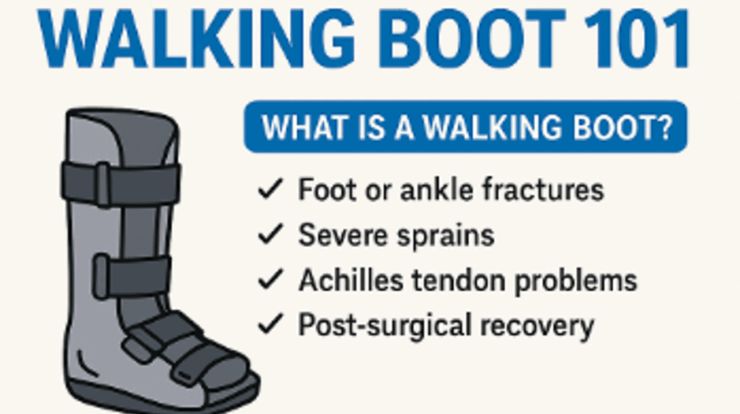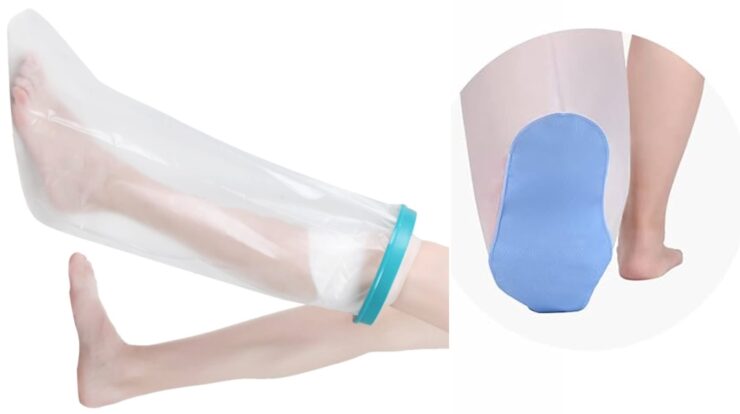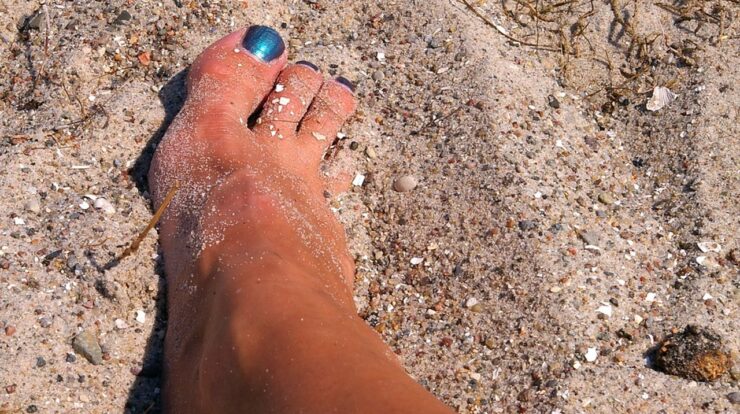
Foot tingling, also known as paraesthesia, can be an uncomfortable and sometimes alarming sensation.
It’s often described as a “pins and needles” feeling, like when a limb falls asleep. If you’re experiencing foot tingling, there are various causes and solutions to explore.
In this article, we’ll delve into the reasons behind foot tingling and provide you with effective strategies to stop it.
Common Causes of Foot Tingling
- Poor Circulation: Inadequate blood flow to the feet can lead to tingling. Conditions like peripheral artery disease (PAD) or even sitting in a certain position for too long can impede blood circulation.
- Nerve Compression: When nerves are compressed or pinched, they can send abnormal signals to the brain, causing tingling. Conditions like a herniated disc or carpal tunnel syndrome can lead to nerve compression.
- Nerve Damage: Nerves can become damaged due to diabetes, alcohol abuse, or certain infections. This damage can result in tingling sensations.
- Footwear and Posture: Wearing tight shoes that compress nerves or adopting poor posture can also cause foot tingling.
- Vitamin Deficiencies: Lack of essential vitamins, especially B vitamins like B12, can lead to nerve problems and tingling.
- Temporary Compression: Sometimes, tingling occurs due to temporary pressure on nerves, like crossing your legs for an extended period.
Effective Strategies to Stop Foot Tingling
- Improve Circulation: Engaging in regular physical activity, elevating your feet, and avoiding prolonged sitting or standing can help enhance blood circulation.
- Wear Comfortable Shoes: Opt for well-fitting shoes with ample space for your toes to move. Avoid shoes that constrict or squeeze your feet.
- Maintain Proper Posture: Practicing good posture can prevent nerve compression. Be mindful of how you sit, stand, and walk.
- Stretch Regularly: Gentle foot and calf stretches can alleviate tension and improve blood flow to your feet.
- Address Vitamin Deficiencies: If your tingling is due to vitamin deficiencies, consult a healthcare professional for guidance on proper supplementation.
- Manage Underlying Conditions: If you have conditions like diabetes or PAD, working closely with a medical professional to manage these conditions can help prevent foot tingling.
- Stay Hydrated: Proper hydration supports overall bodily function, including nerve health.
- Limit Alcohol and Tobacco: Excessive alcohol consumption and smoking can contribute to nerve damage. Cutting down on these habits can have positive effects on your foot health.
- Nerve Gliding Exercises: These exercises involve moving and gliding the nerves gently to prevent adhesions and improve their function.
- Warm Compresses: Applying a warm compress to the affected area can help relax muscles and improve blood flow.
When to Seek Medical Attention
While many cases of foot tingling can be managed through lifestyle changes, there are instances when it’s crucial to consult a medical professional:
- If foot tingling is persistent and worsening.
- If tingling is accompanied by weakness, pain, or numbness.
- If tingling is sudden and unexplained.
- If tingling occurs after an injury or trauma.
These could be signs of underlying medical conditions that require proper diagnosis and treatment.
In Conclusion
Foot tingling can range from a minor annoyance to a signal of an underlying health issue.
Understanding the causes and implementing the strategies mentioned above can go a long way in preventing and addressing foot tingling.
Remember that if you’re uncertain about the cause of your tingling or if it’s causing significant discomfort, it’s always best to seek guidance from a medical professional.
Prioritising your foot health can lead to increased comfort and improved overall well-being.






